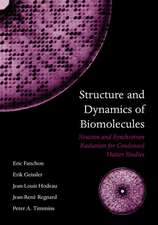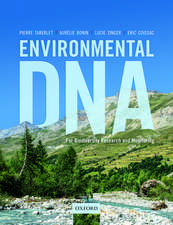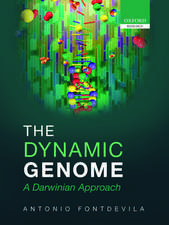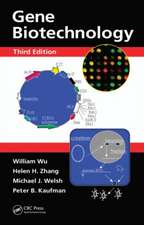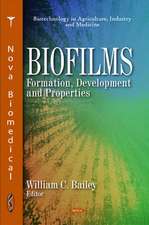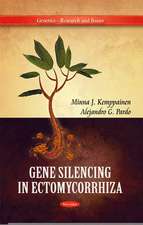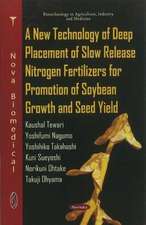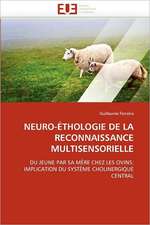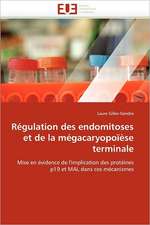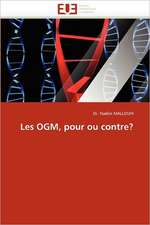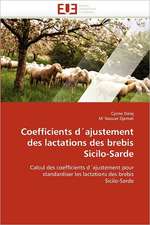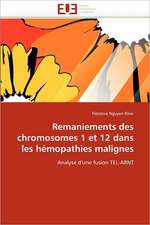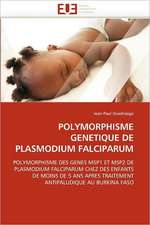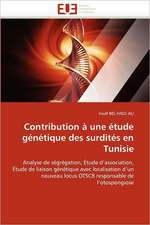Melanism: Evolution in Action
Autor Michael E. N. Majerusen Limba Engleză Paperback – 29 ian 1998
Preț: 458.15 lei
Preț vechi: 665.28 lei
-31% Nou
Puncte Express: 687
Preț estimativ în valută:
87.69€ • 90.37$ • 74.03£
87.69€ • 90.37$ • 74.03£
Carte tipărită la comandă
Livrare economică 21-27 februarie
Preluare comenzi: 021 569.72.76
Specificații
ISBN-13: 9780198549826
ISBN-10: 0198549822
Pagini: 352
Ilustrații: 11 pp plates, halftones, line figures, tables
Dimensiuni: 157 x 234 x 20 mm
Greutate: 0.64 kg
Ediția:New.
Editura: OUP OXFORD
Colecția OUP Oxford
Locul publicării:Oxford, United Kingdom
ISBN-10: 0198549822
Pagini: 352
Ilustrații: 11 pp plates, halftones, line figures, tables
Dimensiuni: 157 x 234 x 20 mm
Greutate: 0.64 kg
Ediția:New.
Editura: OUP OXFORD
Colecția OUP Oxford
Locul publicării:Oxford, United Kingdom
Recenzii
'...Michael Majerus dissects the story in his book on melanism and shows that it is more complex and fascinating than most biologists will have realised...The book is,...very readable-something which cannot be said of many books containing so much interesting scientific material.'
'...Occupying a quarter of the book, the Biston analysis is necessary reading for all evolutionists, as are the introductory chapters on the nature of melanis, its distribution among animals, and its proposed causes.'
'...The book is written for biologists, both professionals and amateurs with a special interest in entomology, and the presentation is very clear and straightforward...The book is attractively presented with plenty of useful illustrations...An up-to-date review of melanic polymorphism is provided, set in a context which is sufficiently jargon-free to appeal to the amateur entomologists...This should be the major work in the field for many years to come,'
'...This work will be of considerable interest not only to geneticists and evolutionary biologists, but also to entomologists, ecologists and natural historians who wish to extend their understanding of Darwin's evolutionary theory, more particularly of natural selection.' MRDS, 1999
'...Occupying a quarter of the book, the Biston analysis is necessary reading for all evolutionists, as are the introductory chapters on the nature of melanis, its distribution among animals, and its proposed causes.'
'...The book is written for biologists, both professionals and amateurs with a special interest in entomology, and the presentation is very clear and straightforward...The book is attractively presented with plenty of useful illustrations...An up-to-date review of melanic polymorphism is provided, set in a context which is sufficiently jargon-free to appeal to the amateur entomologists...This should be the major work in the field for many years to come,'
'...This work will be of considerable interest not only to geneticists and evolutionary biologists, but also to entomologists, ecologists and natural historians who wish to extend their understanding of Darwin's evolutionary theory, more particularly of natural selection.' MRDS, 1999
Notă biografică
Michael Majerus began collecting butterflies and moths when he was four. His fascination with this group, and in particular their value in studying evolution, has spanned almost forty years, and dominated his professional career. He has written over 100 scientific papers and three books on these subjects, and regularly appears on television and radio. A fellow of Clare College, Cambridge, he currently works as a lecturer in the Department of Genetics at the University of Cambridge, where he is researching melanic polymorphism in moths and ladybirds. Michael Majerus, Department of Genetics, Downing St., Cambridge, CB2 3EH. Tel. 01223-333983; Fax. 01223-333992; email: menm@mole.bio.cam.ac.uk.

